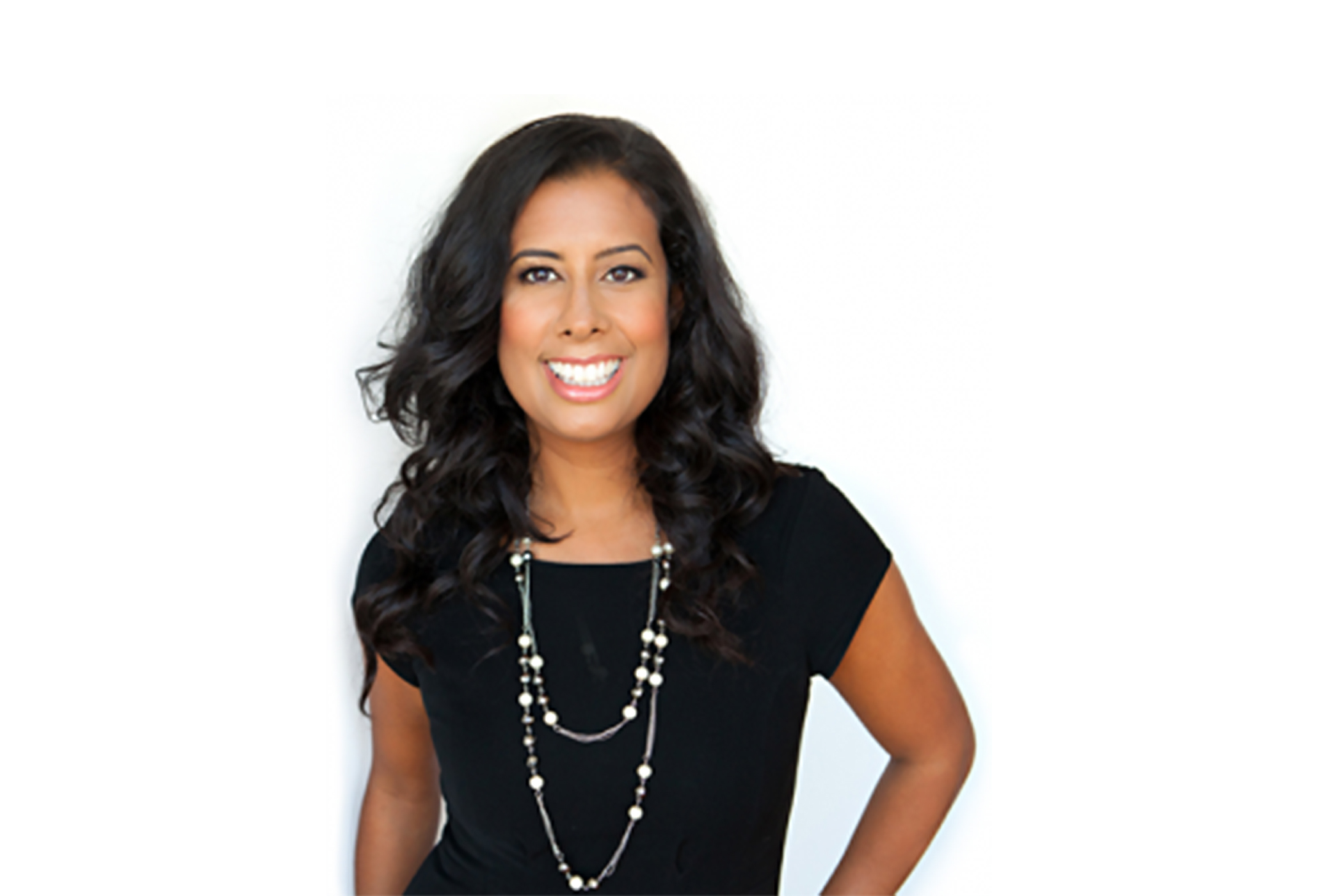Blog /
Interview With DEI Leader, Yasmin Razack
Interview With DEI Leader, Yasmin Razack
This blog was provided by our partners at York University School of Continuing Education

This blog was provided by our partners at York University School of Continuing Education
A combination of personal and professional experiences led Dr. Yasmin Razack to understand the power of diversity, equity and inclusion in action and pursue it as her career. Yasmin has nearly two decades of progressive experience in senior leadership roles focused on diversity, equity and community inclusion. She is currently the Dean of Equity, Diversity, Inclusion and Belonging at Humber College where she works across the college to promote EDIB in teaching, learning, and organizational culture and actively contributes to advancing the principles and values of EDIB through education, training, mentorship, and open dialogue with students, staff, faculty, and alumni groups.
Recently, Yasmin lent her expertise to helping design the School of Continuing Studies’ new Certificate in Diversity, Equity and Inclusion in Action as a program advisory council member. We spoke to Yasmin about this new program, and how it will allow leaders and professionals to bring DEI practices and strategies to their organizations.
Thanks for taking the time to speak, Yasmin! For those unfamiliar with the term, could you explain what diversity, equity, and inclusion mean?
I appreciate the definition that Kojo Institute uses because it’s based on disparity and disproportionality. When you think about under-representation, that’s grounded in disproportionality, where are you seeing disproportionate numbers of communities who can’t get access to resources and services—who experience systemic inequities. And then when you think about disparity, that has to do with impact. What is the impact of their educational attainment on their ability to thrive across different industries? DEI is programs, initiatives and strategies that disrupt and work to address these issues across various industries in the workplace to achieve equitable outcomes.
What benefits does an organization experience by implementing DEI initiatives?
I think one of the things where it benefits all organizations is that it’s grounded in innovation. If you are applying and integrating the DEI lens, if you’re addressing systemic inequities, you are introducing new ways of working. You’re introducing new ways of building strategies and connecting with communities in more deeply impactful ways, which can result in increased innovation.
What types of professionals will benefit from taking this program?
If you are a leader managing people, this certificate will build your capacity, your literacy, and your understanding of how to integrate DEI with intentionality, build diverse teams, and adopt inclusive leadership traits to advance strategic initiatives, integrate inclusive hiring practices and lead sustainable organizational inclusion.
If you’re currently in a role in an organization where DEI has consistently come up—this is anywhere from marketing executives, healthcare professionals, IT, public affairs, government, any not-for-profit, all of that. If you are currently within a role that requires the integration of DEI this is for you.
And then finally if you want to be a DEI practitioner, full-time. If you want this to be your role within an organization or you want to start a consultancy in DEI, this program would highly benefit you because it gives you a framework, gives you tools, and gives you resources to integrate and apply this work, utilizing proven strategies.
What kind of projects will students participate in in this program?
We will work with you to develop a DEI action plan for your organization. An example is, and again, thinking back to the roles I just suggested, what does a DEI maturity assessment look like? How do you engage in that work and what is required to do this work successfully? Given the fact that DEI requires metrics and requires an understanding of what those metrics are, this is a tool that we’re going to introduce that will allow people to understand ways in which to measure progress.
Another is the SEEDS model and the ACE model. These are models that hiring managers, talent acquisition specialists and leaders— anyone involved in hiring—could apply to understand ways in which we potentially have biases that is grounded in all of the “isms”, whether it’s sexism, racism, or ableism. We are going to help students understand ways in which to build systemic practices and processes that disrupt that cycle of bias within the recruitment, hiring, and retention process.
What kind of interpersonal skills are crucial for someone working in DEI?
First and foremost is empathy, what is also known as radical empathy. Through active listening, humility, compassion, empathy, and communication we understand each other more deeply, and realize the impact of systemic inequities that have persisted across all levels of society. As a working professional, communication is the most important skill as you have to be disarming and connect with a broad range of people. And I think navigating these systems that are largely based on colonial principles, and the program will help students understand ways in which the system operates. And doing so does require a high level of patience, but it’s grounded in collective action.
It’s about bringing people together. Building relationships, and effective communication, grounded in radical empathy. Compassion also I think speaks volumes to the success of any DEI practitioner.
Other Blogs

Policy Matters: Revisiting the 3 Most Popular Topics of the Year

Vaccines: A Potential Key to Unlock Many of Canada’s Healthcare Challenges




